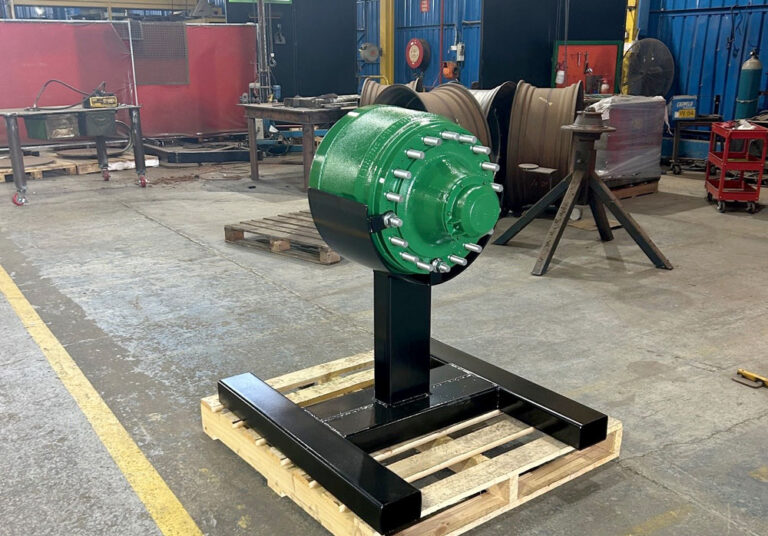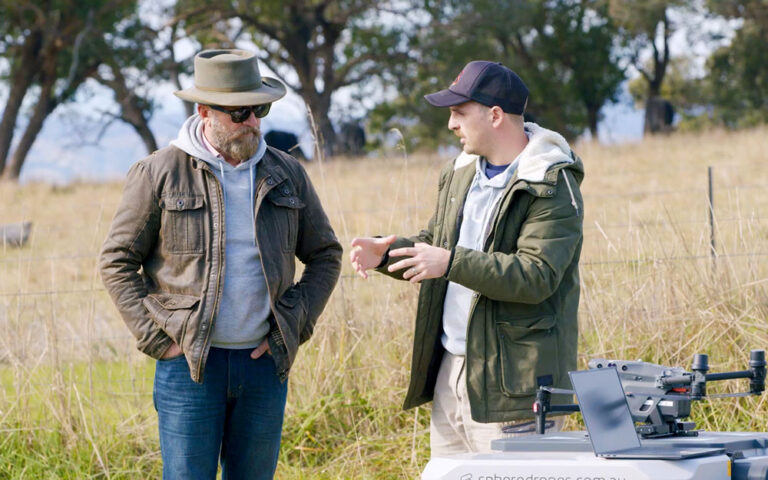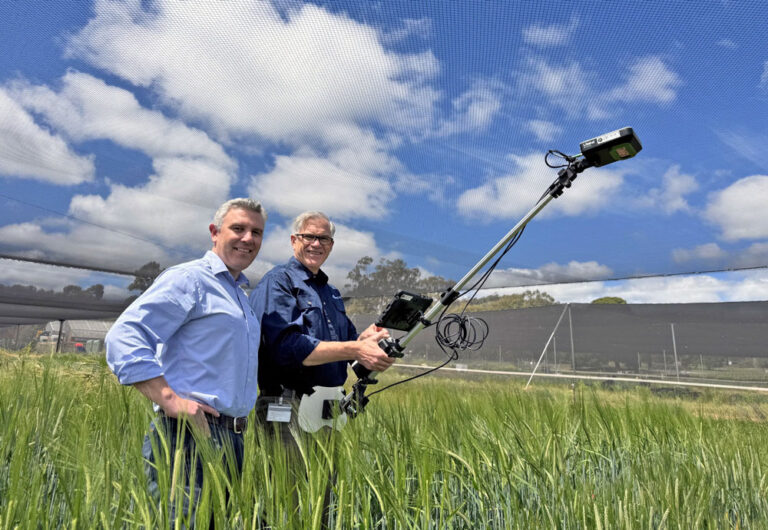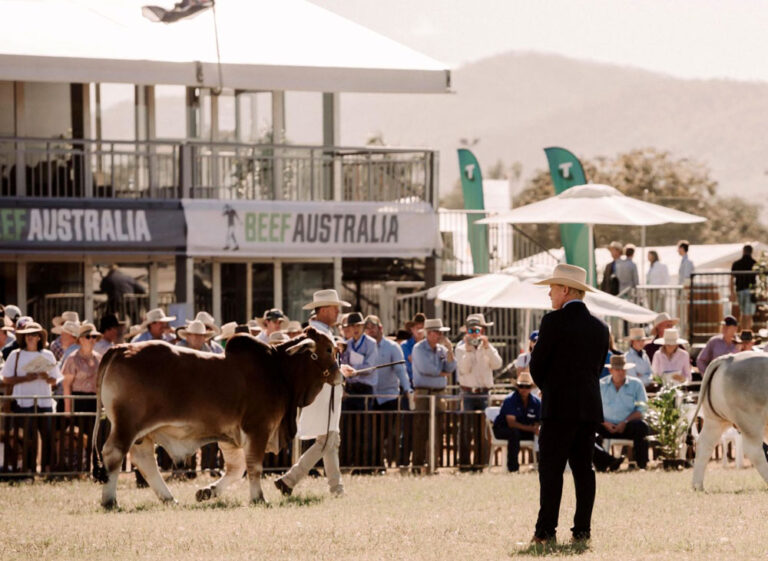In a deal slated at $375 million the Incitec Pivot fertiliser division of Dyno Noble will be held in safe local hands moving forward
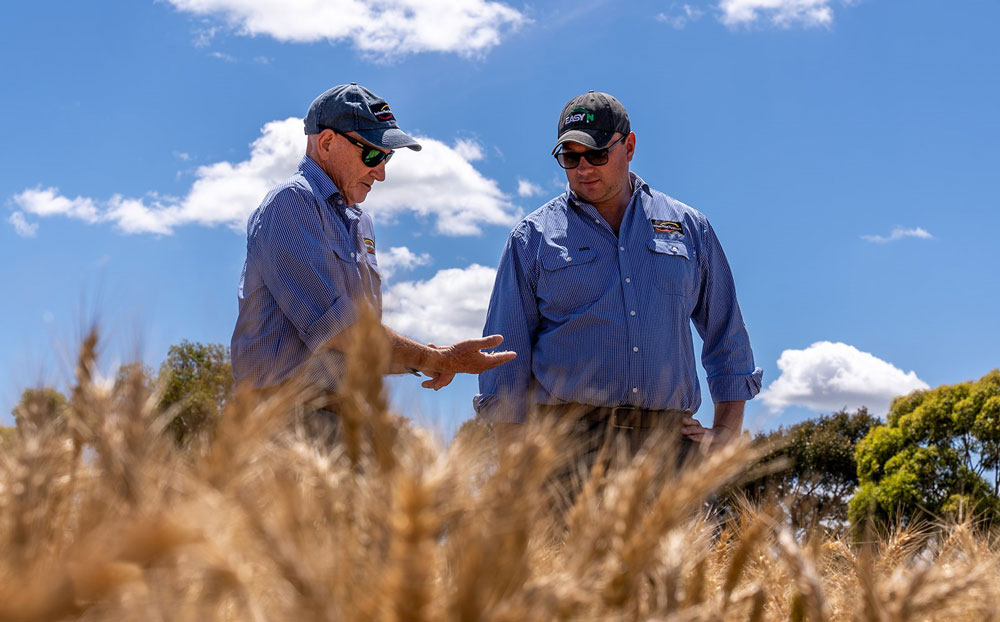
Incitec Pivot is a name well known to farmers for its long-term fertiliser supply is now the centre of a $375 million deal to split the fertiliser division away from what has become the core company business, explosives.
While not a lot has changed on the product packaging, on the corporate side, a lot has been going on with the bean counters.
The basis of the company started with a big expansion in 2003 when Pivot Limited and Incitec Fertilisers merged, then three years later, the Company’s fertiliser production capacity more than doubled with the purchase of Southern Cross Fertilisers.
This consolidation is estimated to have swept Incitec Pivot into a position of holding almost half the fertiliser sales market for farming.
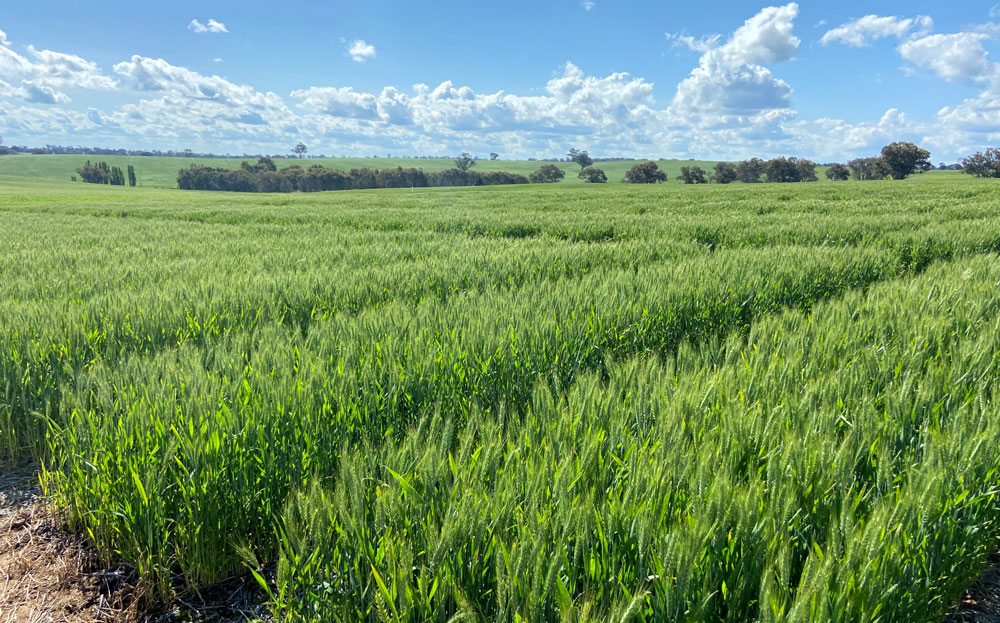
The company’s money managers made their big move in 2008 when Incitec Pivot Limited acquired Dyno Nobel Limited, giving the company market access in Asia and the US.
Then came a surprise twist, following shareholder approval in December 2024, the ASX-listed parent company Incitec Pivot Limited changed its name to Dyno Nobel Limited, effective from 31 March 2025.
Smart investors started taking notice when the company’s ASX ticker code changed from IPL to DNL, effective 2 April 2025. This change reflected a strategic focus on the Dyno Nobel explosives business, while Incitec Pivot remained the name of its fertiliser business in Australia.
All the market share that Incitec Pivot has built up is now primed to be taken over by Ridley Corporation, already well known for its range of animal feeds made from local produce, sourced from across 20 sites.
Trading as Ridley AgriProducts and CSF Proteins, Ridley Corporation has an estimated annual revenue of $1.2 billion, with earning before tax of over $90 million.
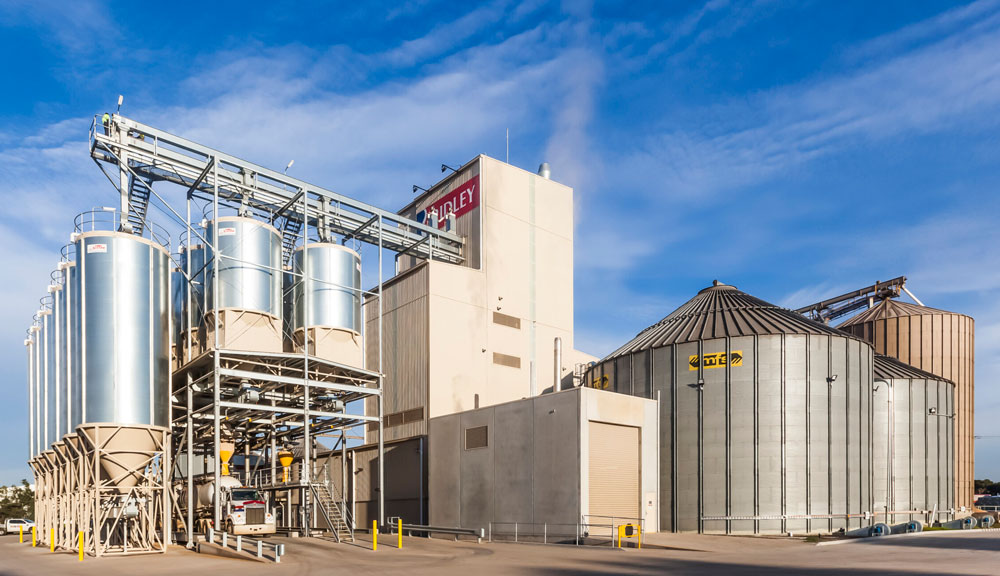
How the deal is structured
There is a two-way split of Incitec Pivot fertiliser assets, and a third buyer has moved to purchase property assets.
Ridley Corporation will take the lion’s share with a $300 million chunk and a further $75 million option to buy the Geelong North Shore facility.
While the Macquarie Group will buy the company’s offtake agreement with Perdaman Chemicals and Fertilisers for up to $145 million, and signed a further conditional contract of sale for the Gibson Island land to a locally listed property developer for $194 million.
If everything moves ahead as planned, holding company Dyno Nobel Limited will walk away with $714 million for its Incitec Pivot diversification.
Not a bad return from a business that has just reported a return to profit for its first fiscal half with a net profit of $7.4 million in the six months through March 2025. That compares to a loss of $148.3 million in the same period last year.
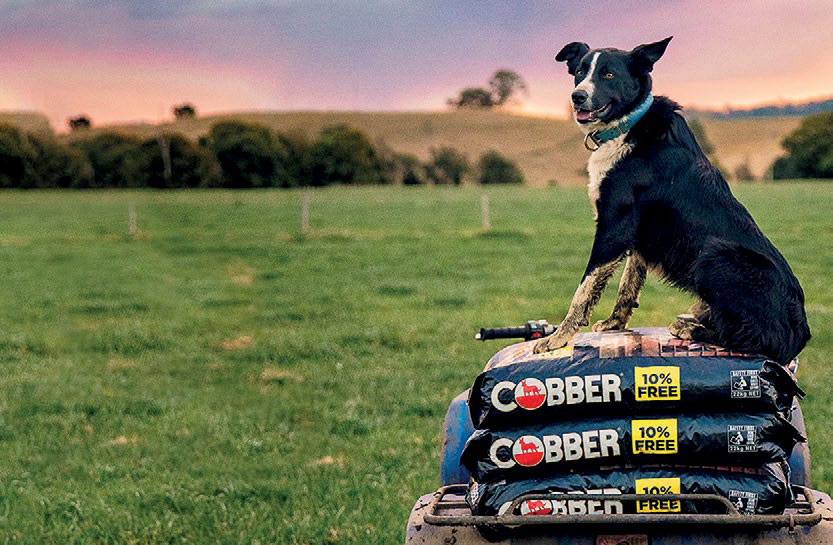
Ridley Corp is the big winner
The Incitec Pivot buy-out sets up Ridley Corporation as a major local agricultural industry leader.
The purchase could add an estimated value of over $700 million to Ridley sales figures and the chance to improve on the 46% market share Incitec Pivot holds on the east coast.
From annual fertiliser sales of 6 million tonnes across the country, it is estimated Incitec Pivot sold just over 2.0 million tonnes in 2024.
And with only half of this tally manufactured locally, with the remainder imported, Ridley Corporation, with a fierce loyalty to locally made will no doubt try to increase the local quota.
Ridley management has already indicated how Incitec Pivot will leverage its existing brand and realise synergy savings of around $7 million a year.
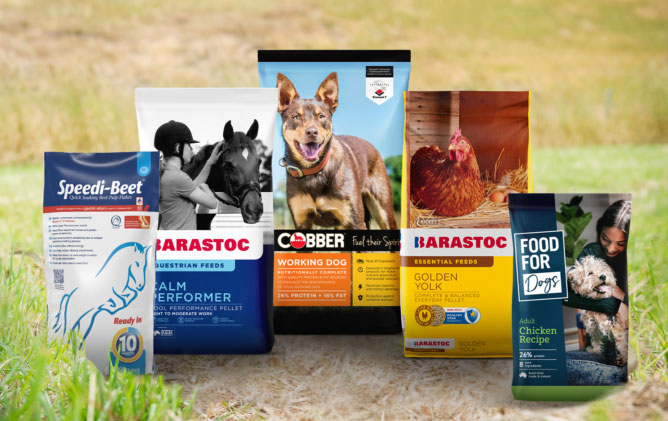
Ridley chairman Mick McMahon had this to add, “The acquisition will establish a fourth strategic growth pillar for the company as it evolves into a leading diversified local agricultural service provider.
“This has come about following our strong financial performance over recent years and presents a further opportunity to invest in the continued growth of Australian agriculture.
“The Ridley and Incitec Pivot brands share a rich heritage at the heart of Australian agriculture and the proposed combination will strengthen this for the benefit of our customers, communities, employees and investors,” Mick McMahon concluded.
Many investorsare watching for the share offerwith the Ridley majority shareholder AGR Agricultural Investments, with 19.4% equity already expressed its support by committing to take up its full entitlement.
The company will issue approximately 59 million additional Ridley shares, equivalent to 18.7% of existing ordinary shares, priced at $2.12 each.
Banks will get a further slice of this deal, with Ridley offered $300m working capital facility and a $350 million revolving debt facility with ANZ and Westpac to replace their existing $150 million facility.


